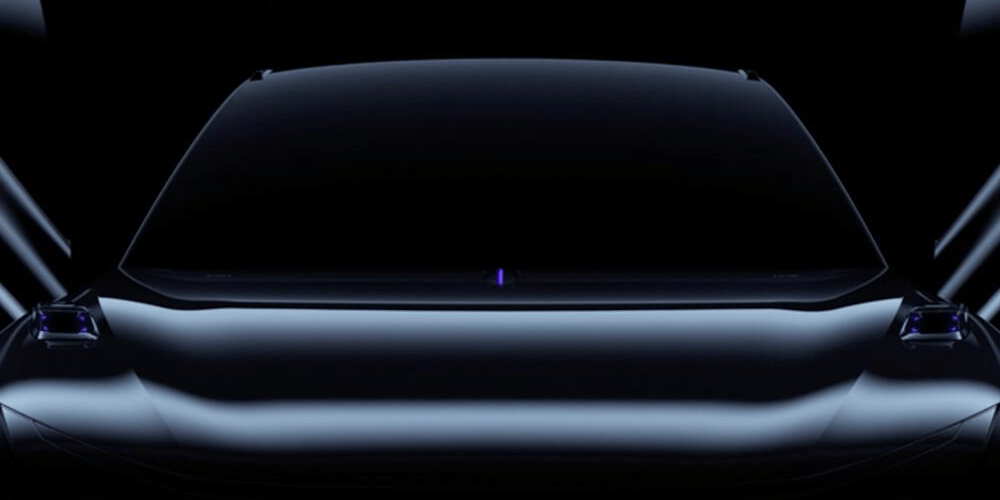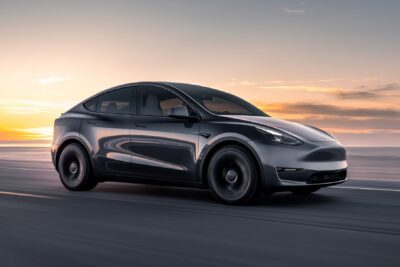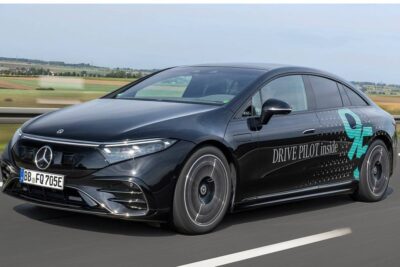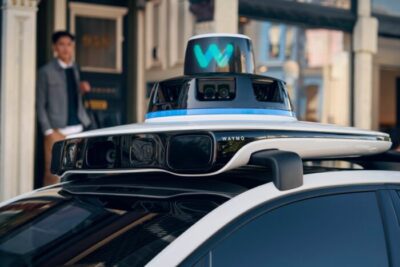Baidu & Geely invest EV joint venture Jidu Auto
Baidu and Geely are investing a total of around 400 million US dollars in their electric car joint venture Jidu Auto. The money will go towards the development and series production of Jidu’s first “robot car”. The model is to be presented at the Beijing Auto Show in April this year and go on sale in 2023.
The renewed investment had been a long time coming: as early as April 2021, Jidu CEO Xia Yiping had announced his intention to invest a total of 50 billion yuan (6.4 billion euros) by 2026 – in new employees, but above all in development. Since Baidu and Geely had endowed the joint venture with a share capital of the equivalent of 256 million euros when it was founded at the beginning of 2021, the further financial requirements were clear.
Since Baidu and Geely do not want to give away too many shares to external investors in the long run via financing rounds, they have now injected the equivalent of 354 million euros in a further financing round. Jidu Auto did not provide information on the current valuation.
However, Jidu reaffirms the timetable outlined in April 2021 and is sticking to a presentation of the first self-driving model this April. Baidu and Geely are jointly developing the autonomous driving functions, with Baidu expected to contribute the software expertise and Geely the vehicle expertise. Geely will also manufacture the vehicles based on its SEA platform.
Jidu wants to distinguish itself from other autonomous driving assistants – such as Tesla’s much-cited Autopilot in the FSD beta – in that the focus is not only on the software. Jidu calls its own development approach “SIMUCar” or “Software Integration Mule Car”, which means that the software is integrated much more deeply into the vehicle than at Tesla, for example, where the self-driving functions can be installed and expanded via over-the-air updates.
Jidu itself states that it completed the design of the self-driving functions for city and highway in nine months and “verified its safe and reliable L4 self-driving capability in advance”. The SIMUCar approach is expected to significantly accelerate development.





0 Comments